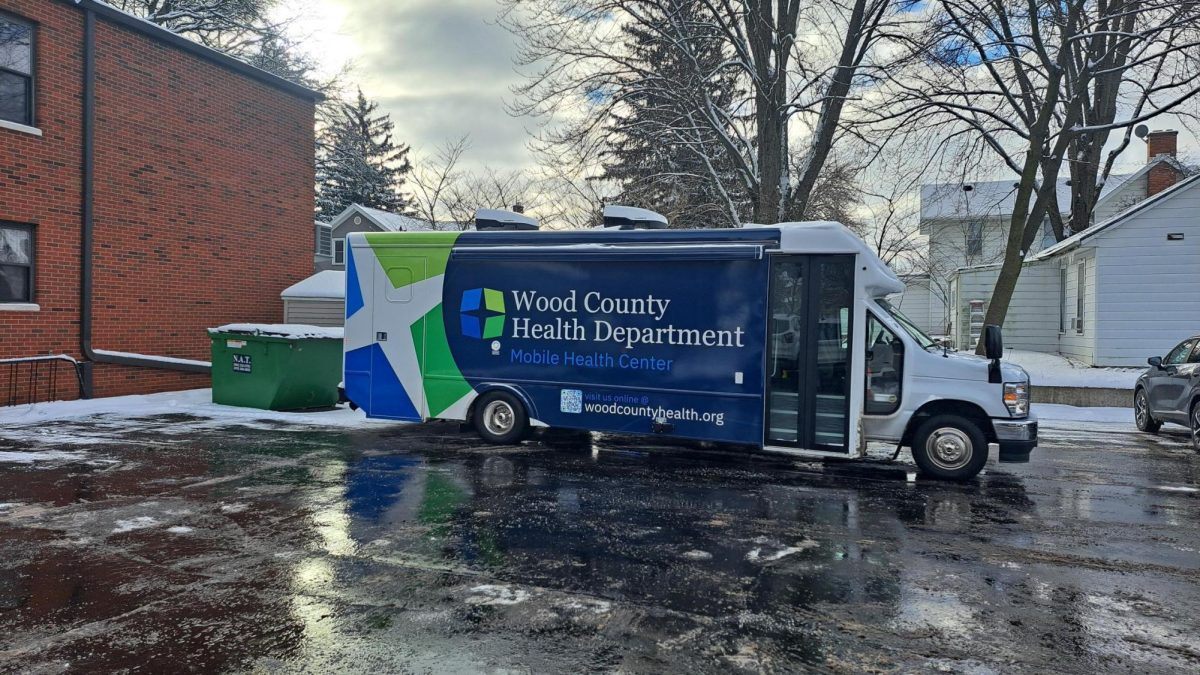Democratic Sen. Sherrod Brown (D-Ohio) stopped at Grounds for Thought on Tuesday morning to advocate raising the minimum wage.
The U.S. senator joined Grounds for Thought owner Kelly Wicks and local mother Carrie Day, who said she worked two jobs on minimum wage. The three spoke to a crowd of nearly 75 people in support of the Fair Minimum Wage Act of 2013.
The bill, sponsored by Sen. Tom Harkin (D-IA) earlier this month, would raise the minimum wage incrementally to $10.10 by 2015.
Brown dismissed criticisms that the bill would lead to fewer jobs and higher inflation, adding that moving the U.S. in a progressive direction is a positive step for the country.
“It’s a myth that it costs jobs,” Brown said. “Minimum wage that keeps up with inflation is good for our country.”
Instead of hurting the economy, the bill would bring $30 billion into the market, Brown said, because workers would spend their extra money back into the economy.
Wicks, approached by the Brown’s staff to help appeal for public approval for the bill, said that he supports the minimum wage increase even as a small business owner. Months after losing a state representatives race, Wicks said he still hopes to maintain political activism within Grounds for Thought and the community.
“Grounds for Thought has always been the source of political discourse,” Wicks said. “That’s the role of a coffee shop.”
As for his employees, Wicks said improving working conditions would lead to a stronger and more prosperous community. With higher wages, members of the community would be able to more easily support school levies, local businesses and other city endeavors.
“It makes no sense for a business owner to drive a Lexus if his workers can’t afford a car,” Wicks said.
Following Brown and Wicks at the podium, Carrie Day spoke of her struggle to support two daughters on a minimum wage salary.
“If we made more, we could pay bills and pay babysitters,” Day told the crowd. “We don’t need a lot to be happy, we just need enough.”
Brown, a cosponsor for the bill, hopes enough means a near 30 percent increase to Ohio’s current $7.85 minimum wage.
“Sometimes, Washington D.C. speaks with an upper class accent,” Brown said afterward. “I hope [Congress] listens to the people.”













